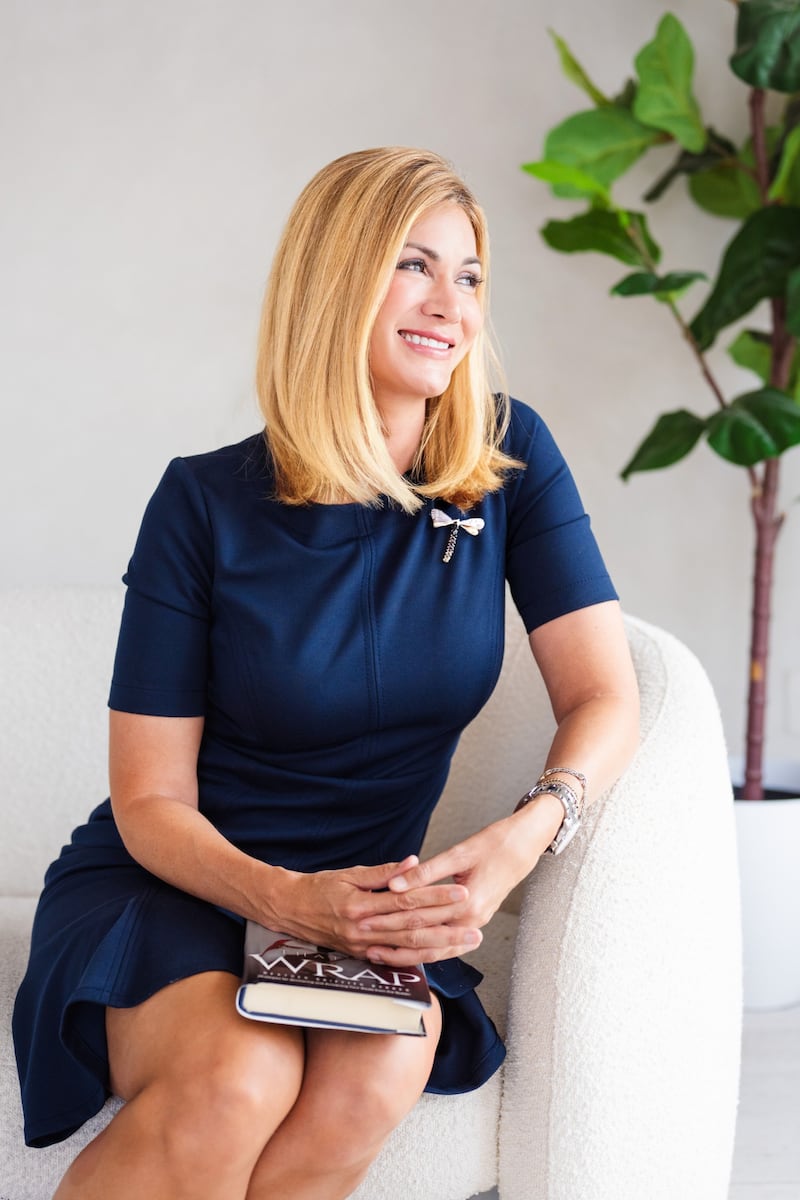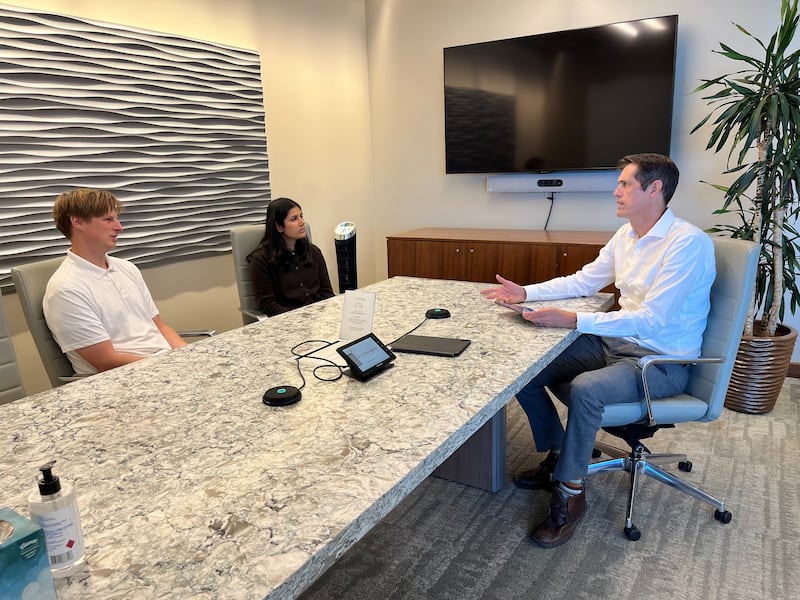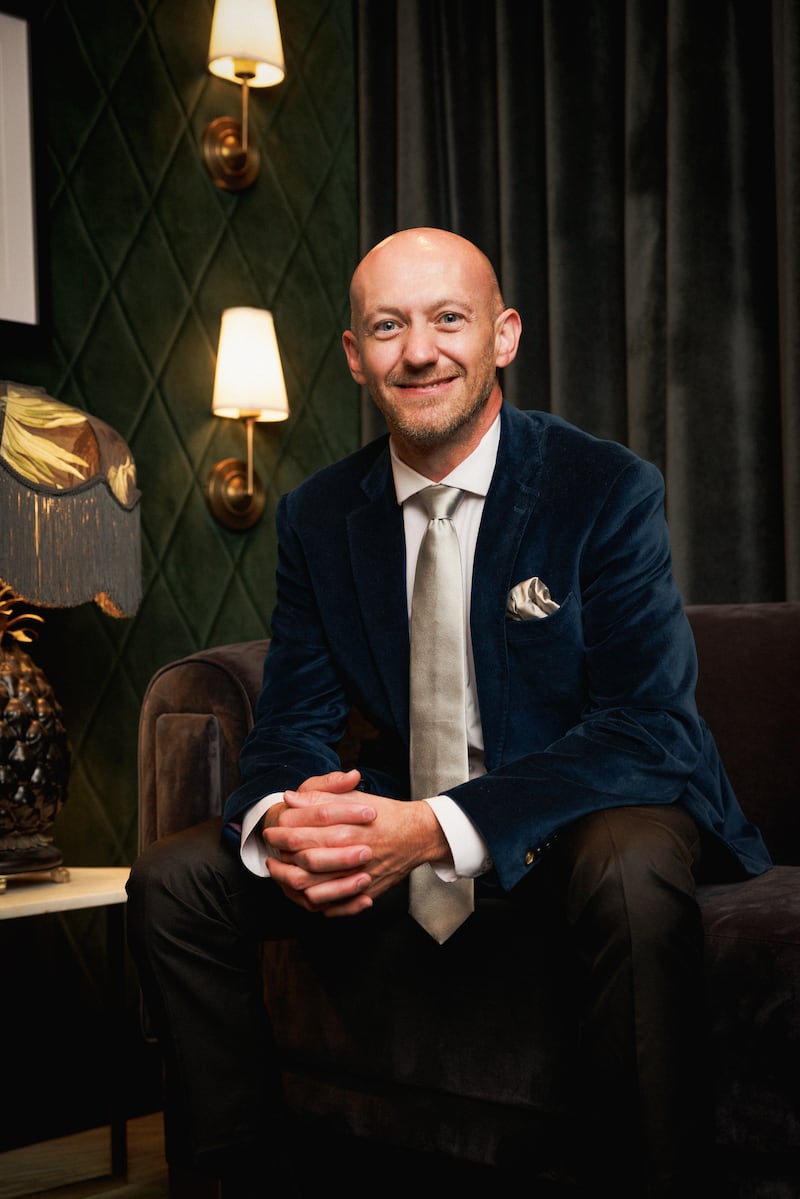This article spotlights esteemed M&A experts slated to present at Utah Business Forward. With six distinct tracks covering Acquisition, AI, Branding, Entrepreneurship, People & Culture, and Performance, this dynamic event will take place on November 20, 2024, at the Grand America Hotel in Salt Lake City.
Looking to acquire a company? Experts say there’s no better time than right now.
We are currently in the middle of one of the most historically significant eras for acquisitions that has ever been seen. Thanks to the “silver tsunami” — a term describing the high number of people from the baby boomer generation entering or preparing to enter retirement — more companies are going on the market than ever before. Omar Melo, director at Crewe Capital, describes this era as “the largest wealth transfer in the history of the world.”
“[It’s] creating a huge opportunity for the next generation to take those companies and move them forward through acquisitions,” Melo says.
Founding vs. acquiring
Queen of Wraps founder Heather Griffith Barber points out that unless a son or daughter has expressed interest in taking over a family business, successful business owners in their 60s, 70s or 80s are left with two choices: sell or abandon.
“Say you have a 75-year-old boomer. His children are 50. They are not going to switch careers at 50 years old,” she continues. “If they wanted to do it, they would have done it by now.”
Barber points out that many of these retiring company owners built their businesses up from nothing and don’t want to simply walk away from them.
“If you build a house, and you’re nailing the two-by-fours, and you’re caulking the tile, … you don’t just want someone to bulldoze it and say, ‘OK, well, that was a fun run,’” she says. “You want a nice young family to move in and enjoy it, make those improvements, add a garage and a pool, and make it their home.”
Hopeful entrepreneurs who acquire existing businesses often have grand ideas for starting their own companies but see the benefits of acquiring a company rather than founding one. To illustrate this, Barber continues the homeowner analogy: In most cases, would it make more sense to build a home from the ground up? Or would it make more sense to buy an established home in the area of your choosing?
“First you have to find the land, then you have to find the builder, then you have to find the time, and this and that … as opposed to finding a house in the right area,” Barber says. “It might not have a pool; it might not have the garage space you want. But find it in the area that you are interested in, and you can build on that. … There are no awards for doing the grind from the ground up. Why not buy something that’s already cash-flowing and completely skip that step?”

Finding the funds
Of course, the prospect of buying a company can be daunting for an inexperienced entrepreneur who may not have access to their own capital. For folks wanting to take advantage of this opportunity but who may be discouraged by a lack of funds, Melo has some advice.
While it is important to be informed and have a plan before purchasing a business, Melo argues that the price tag gets in the way of many prospective buyers — or, more specifically, ignorance about how to obtain the capital required to meet the price tag.
“A lot of business owners kind of limit themselves thinking they don’t have the money,” he says. “The first step is understanding that there is capital, and there are advisors like me who can bring them the capital.”
As an entrepreneur and former investment banker, Melo applied his knowledge of investment banking to entrepreneurship. He’s learned from experience when it comes to raising money for acquisitions.
“Maybe 10 years ago, … the only option was to raise money for a fund, and raising money for a fund to make acquisitions is really hard,” Melo says.
This is especially true when one considers the daunting requirements that most institutional investors have.
“The minimum check size we can write is for $20 million, and that $20 million can’t represent more than 10 percent of your fund; therefore, you need to raise $200 million before we’ll even consider investing,” Melo says, giving an example of a potential hoop investors will make hopeful business owners jump through.
But about four years ago, he learned of a better way: the Independent Sponsor Model.
With the traditional model, a year or two is spent raising the money from limited partners (LPs) for an acquisition. With the Independent Sponsor Model, prospective buyers can go to an existing fund that already has the committed capital. The model is meant to be a bridge for those still trying to develop a track record.
Melo hopes to bring this model to entrepreneurs who otherwise wouldn’t have known about it.

Dealmaking in 2024
Despite numerous acquisition opportunities, 2024 has been a challenging year for dealmaking in several ways.
“With all the uncertainties on the geopolitical side, with interest rates being where they’ve been, with it being an election year — it’s a pretty challenging year for dealmaking,” says Troy Keller, a partner at Dorsey & Whitney who specializes in mergers and acquisitions. “I think there’s also this looming question of whether we’re going to see a recession or not, and if you have a recession, it makes it very hard to do a deal. If you think there’s a risk of one, you don’t want to be the buyer who pays top dollar for a business. … You paid fair value for a business, but in the recession, it’s going to have a lot less value, almost regardless of what type of business it is.”
But while the dealmaking scene has been somewhat dampened over this year, Keller also says that things have been picking up as the second half of the year has come around. And of course, just like with anything else in economics, the landscape is often a simple matter of psychology.
“It doesn’t actually matter what the future brings; it’s what people believe it’s going to bring,” Keller says. “If a year from now, it’s a lot worse than you thought it was going to be, that still doesn’t mean you made a bad decision. Maybe it’s worse a year from now, but people have high expectations for the next year. It could be that, even though things turn out different than you hoped they would, your stock still goes up because people still believe that the future’s even better than they thought.”

What about selling?
Patrick McMillan describes himself as someone who “had no idea what (he) was doing” when he bought and sold his first company. He has come a long way since then and now advises others who are in that same position through Amplēo, a fractional CFO firm.
To those looking to sell, McMillan has a simple question: “Would you transact your own company?”
Because every company will transact eventually, it’s an important question for business owners to be mindful of — even young owners with some years before retirement or owners who plan to pass their business on to their children.
“100 percent of companies will transact,” McMillan says. “That means they’ll either shut down, transfer or something’s going to happen to it. In order to get to that point, you’ve got to prepare today.”
And, he points out, far too many people underestimate the power of preparing early.
“A lot of people think, ‘I’ve been running this company for five years or 10 years, and I’m tired. My wife or my husband wants me to spend more time at home,’” he says. “Or, ‘I’m 68 years old, and I need to retire. … I’m going to sell it tomorrow at that top valuation.’”
But unless you’ve been preparing, your odds of getting the best price are low. For this reason, preparing to sell years in advance is crucial.
While building up a company to sell for the best possible price is typically a years-long process, the “Best-in-Class” assessment on the Amplēo website is one five-minute way prospective sellers can prepare. The questionnaire provides a benchmark for business owners to assess how they measure up.
“Even if you don’t ever sell it until you’re ready to retire, why not build it up and make a little bit more cash on it?” McMillan asks. “That’s why you started the business in the first place. It’s for money, it’s for freedom, right? That’s what I’m helping them prepare to do.”


